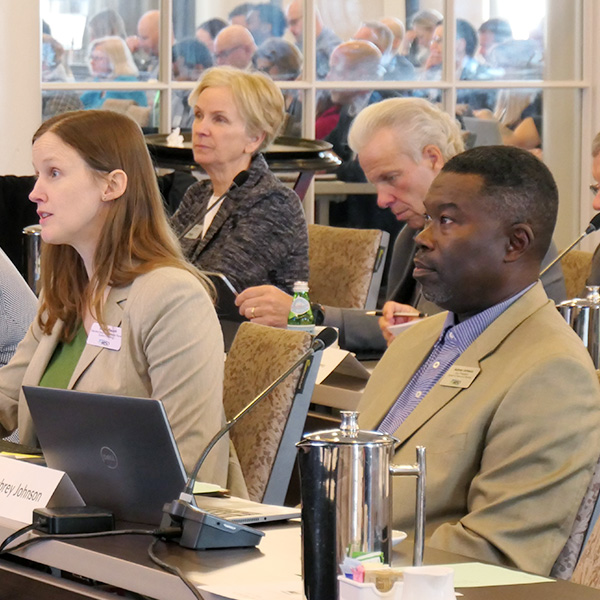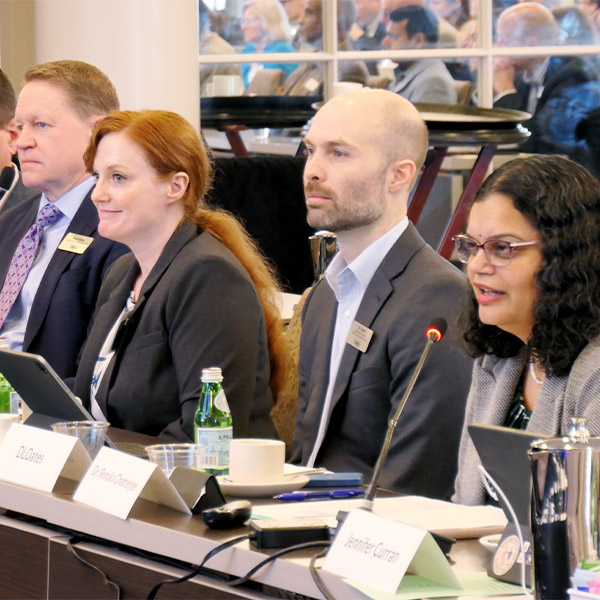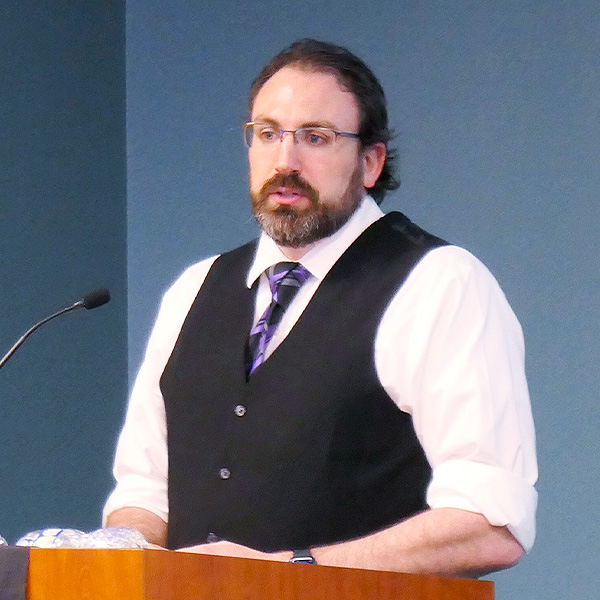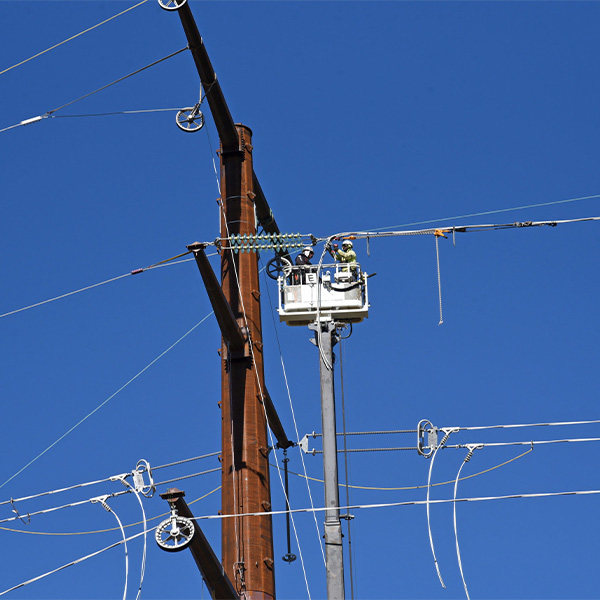MISO
MISO Advisory Committee (AC)MISO Board of DirectorsMISO Market Subcommittee (MSC)MISO Planning Advisory Committee (PAC)MISO Regulatory Organizations & CommitteesOrganization of MISO States (OMS)MISO Reliability Subcommittee (RSC)MISO Resource Adequacy Subcommittee (RASC)
The Midcontinent Independent System Operator is a regional transmission organization that plans transmission projects, administers wholesale markets for its membership and manages the flow of electricity in Arkansas, Illinois, Indiana, Iowa, Kentucky, Louisiana, Michigan, Minnesota, Mississippi, Missouri, Montana, North Dakota, South Dakota, Texas and Wisconsin.
FERC Commissioner Judy Chang delivered remarks on the importance of meeting ballooning load at MISO Board Week in New Orleans.
MISO announced it will ask FERC for a postponement on rolling out ambient-adjusted line ratings until December 2028.
MISO’s preliminary 2025 Transmission Expansion Plan is set to become another record-breaking collection, at 434 transmission projects at an estimated cost of $11 billion.
MISO emerged from winter 2024/25 without turning to emergency procedures despite wide-ranging winter storms Jan. 6-9 and again Jan. 20-22.
MISO hopes to become the next RTO with a limited express lane in its interconnection queue to help get badly needed generation online faster.
Minnesota regulators voted unanimously to require that Amazon demonstrate a need for a 250-unit fleet of backup diesel generators at its proposed data center in the state.
MISO estimates its savings and efficiencies benefited its members to the tune of just over $5 billion over 2024.
FERC has given the Palisades Nuclear Plant special permission to exceed MISO’s 36-month limit on generator suspensions as owner Holtec International works through the plant’s reopening.
MISO is nearing an overhaul of its capacity accreditation methods for load-modifying resources and demand response that would be based on whether they can assist during periods of high system risk.
MISO expects the revamp of its transmission planning futures will be done by November and will yield an extra scenario dedicated to slow-moving generation construction.
Want more? Advanced Search









